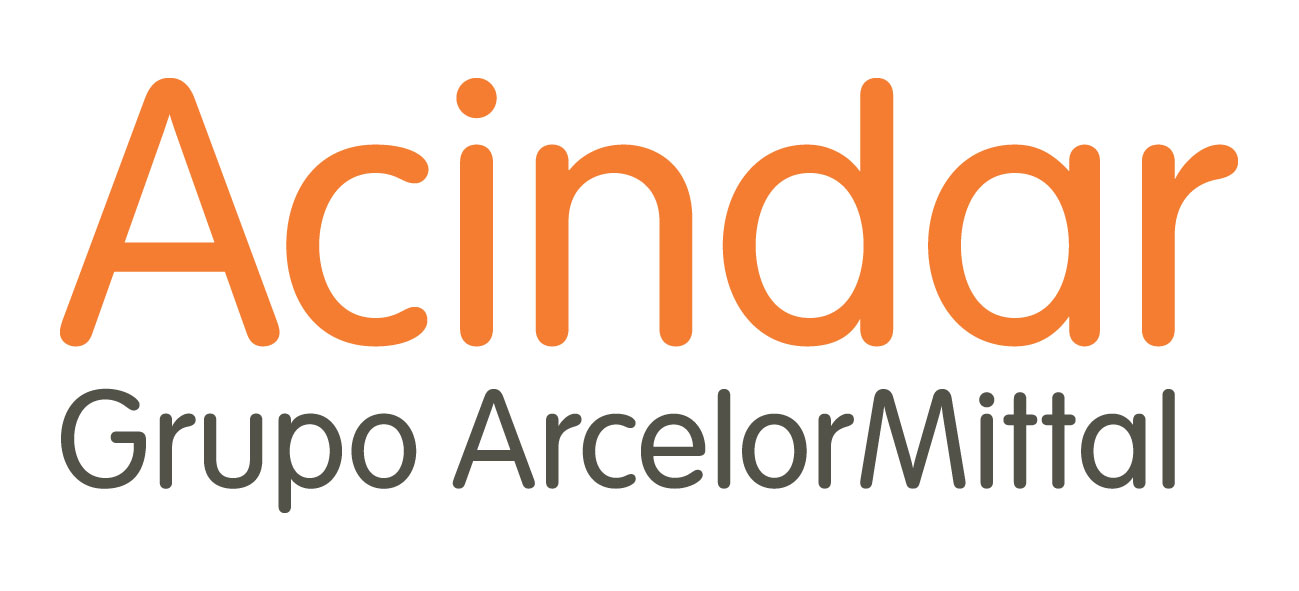Access to rent is access to housing
Given the public debate on rent and the reform of Law 27,551, sanctioned in 2020, it is necessary to mention a component of the norm that had little importance but is still essential to address: social rent.
The aforementioned Rental Law creates, in its Art. 17, “the National Social Rental Program, aimed at adopting measures that tend to facilitate access to decent rental housing through formal hiring.”
We understand by social rent that which must contemplate a population that does not have access to the housing offered by the market, and whose situation exceeds the general points of the law. That is to say: it requires a different attention from the State, which considers the particularities and characteristics of the problem.
This social rental program should have been within the orbit of the Ministry of Territorial Development and Habitat, but to date it has not been implemented and there do not seem to be any possibilities in this regard. There is definitely unanimity regarding its need and implementation, but it is not under debate nor does it appear on the agenda.
The Rental Law implies a recognition of rights and we believe that social rental has a potential to reduce the housing deficit that has not yet been considered. For its implementation, the State and the coordinated work with different sectors could operate through tools for the implementation of responses, as is already the case in other countries.
The Habitat for Humanity Argentina Protected Rental program was created more than 10 years ago to demonstrate that, by lowering the formal barriers to access, families that rented precariously maintain a “market” rent. In the building, built entirely by the organization where there used to be an uninhabited tenement house in poor condition, the nine apartments are rented to families who have the money to pay rent, but cannot access it.
Today, thousands of families throughout the country must live in tenements, hotel-pensions or conventillos paying prices similar to those of a formal rent, but with terrible conditions, which produces illnesses, absenteeism from work and school, and even death. The absence of controls means that they remain outside the orbit of the State and the market.
From our place we will continue to make the problem visible and advocate for the implementation of the aforementioned and not yet explored possibilities of the Law so that the rights to rental housing advance and not regress, including more and more people. It is necessary to start making plans and programs that respond to social rental as a form of access to housing and the city considered as human rights.




























